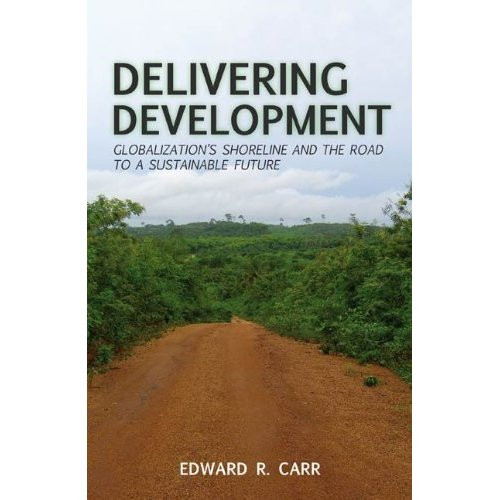I review Edward R. Carr’s book for SAIS Review. An excerpt:
Underlying typical research is the assumption that a more intense integration into the global market economy is the solution to development problems, and that GDP growth brings an improvement in the well-being of a country’s citizens. Most existing development indicators have these same assumptions behind them. In a case study example, Carr shows how development data collected with these sorts of assumptions are often interpreted to signify what the interpreter wants, while a more careful reading would show that the data, in and of themselves, mean nothing. As Carr puts it, “The result is an echo chamber of misunderstanding with regard to life and events along globalization’s shoreline,” because the questions that are asked, and the data that are gathered to answer them, are “detached from the processes and events that really matter on the ground,” which, in turn, is due to flawed understanding of globalization and development.
And:
… Carr urges us to stop devising methodologies that aim to find out whether development projects might work or why they do or do not work without first asking basic questions about the social, cultural, economic, and political situations that have produced the situations that the projects aim to tackle. Instead, we should consider proper understanding of the situation as a prerequisite for any engagement, and proper understanding starts with leaving the echo chamber of development and globalization to question one’s assumptions.
The full thing is here (gated).


Pingback: Africa Blog Roundup: Caine Prize, Libya, Captain Sanogo, and More | Sahel Blog